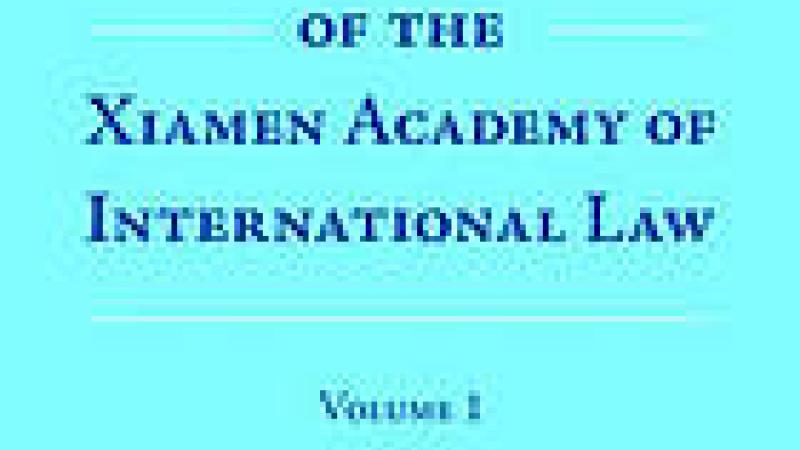
The International Court of Justice, principal judicial organ of the United Nations, plays an important and unique role in the peaceful settlement of international disputes. As a third-party mechanism, it is a highly technical and well-structured institution. Through its continuous and consistent jurisprudence, it provides legal certainty, stability and predictability to the interpretation and application of international law. This special course intends to introduce some general concepts that underlie international adjudication and the basic rules and principles governing the competence and jurisdiction of the Court. Notwithstanding its prominence, the Court does not have a general and unconditional competence in dispute resolution. Its jurisdiction is based on the consent of the States, both in general terms as well as in each specific case, which reflects the attributes of the State system. Jurisdiction is a substantive matter. The Court’s decision on the question of jurisdiction is no less important than on the merits.